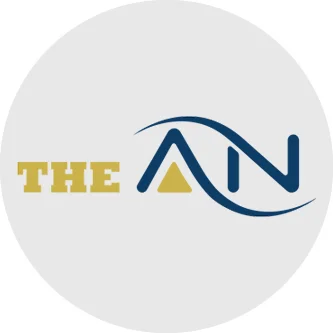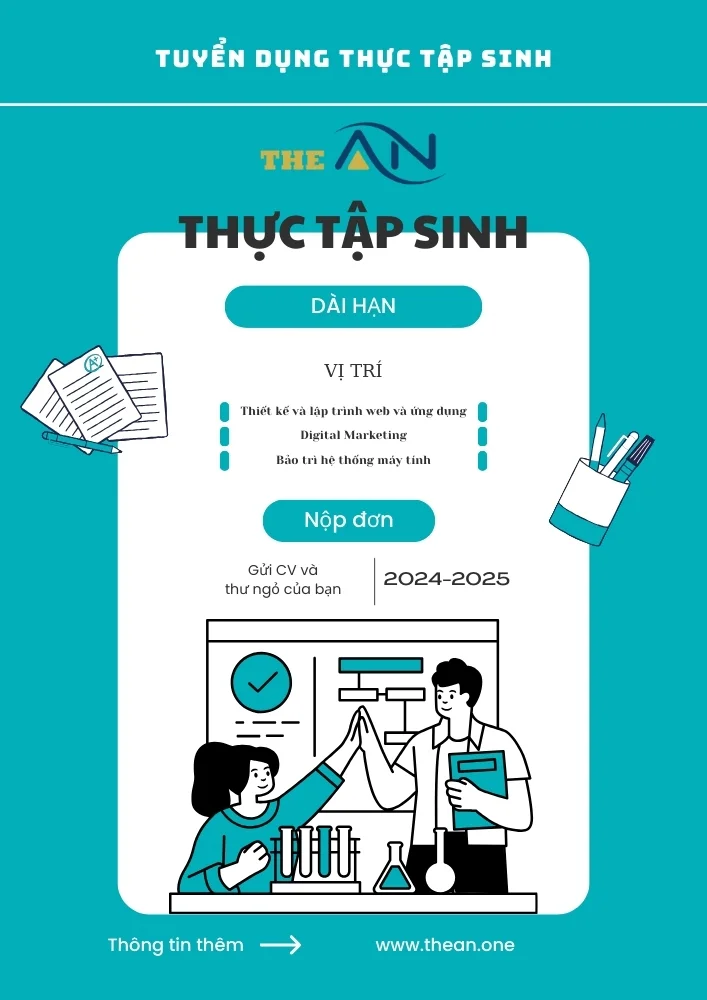A.I. Is Not What You Think

By Shira Ovide
Artificial intelligence technology is promising, but it’s not a magic potion. Oh well.
When you hear about artificial intelligence, stop imagining computers that can do everything we can do but better.
My colleague Cade Metz, who has a new book about A.I., wants us to understand that the technology is promising but has its downsides: It’s currently less capable than people, and it is being coded with human bias.
I spoke with Cade about what artificial intelligence is (and isn’t), areas where he’s hopeful and fearful of the consequences and areas where A.I. falls short of optimists’ hopes.
Shira: Let’s start with the basics: What is artificial intelligence?
Cade: It’s a term for a collection of concepts that allow computer systems to vaguely work like the brain. Some of my reporting and my book focus on one of those concepts: a neural network, which is a mathematical system that can analyze data and pinpoint patterns.
If you take thousands of cat photos and feed them into a neural network, for instance, it can learn to recognize the patterns that define what a cat looks like. The first neural networks were built in the 1950s, but for decades they never really fulfilled their promise. That started to change around 2010.
What changed?
For decades, neural networks had two significant limitations: not enough data and not enough computer processing power. The internet gave us reams of data, and eventually scientists had enough computing power to crunch through it all.
Where might people see the effects of neural networks?
This one idea changed many technologies over the past 10 years. Digital assistants like Alexa, driverless cars, chat bots, computer systems that can write poetry, surveillance systems and robots that can pick up products in warehouses all rely on neural networks.
Sometimes it feels that people talk about artificial intelligence as if it’s a magic potion.
Yes. The original sin of the A.I. pioneers was that they called it artificial intelligence. When we hear the term, we imagine a computer that can do anything people can do. That wasn’t the case in the 1950s, and it’s not true now.
People don’t realize how hard it is to duplicate human reasoning and our ability to deal with uncertainty. A self-driving car can recognize what’s around it — in some ways better than people can. But it doesn’t work well enough to drive anywhere at any time or do what you and I do, like react to something surprising on the road.
What downsides are there from neural networks and A.I.?
So many. The machines will be capable of generating misinformation at a massive scale. There won’t be any way to tell what’s real online and what’s fake. Autonomous weapons have the potential to be incredibly dangerous, too.
And the scariest thing is that many companies have promoted algorithms as a utopia that removes all human flaws. It doesn’t. Some neural networks learn from massive amounts of information on the internet — and that information was created by people. That means we are building computer systems that exhibit human bias — against women and people of color, for instance.
Some American technologists, including the former Google chief executive Eric Schmidt, say that the United States isn’t taking A.I. seriously enough, and we risk falling behind China. How real is that concern?
It’s legitimate but complicated. Schmidt and others want to try to make sure that the most important A.I. technology is built inside the Pentagon, not just inside giant technology companies like Google.
But we have to be careful about how we compete with a country like China. In the United States, our best technology talent often comes from abroad, including China. Closing off our borders to experts in this field would hurt us in the long run.
Source: NYT
Looking for a custom web design? Then Contact the website designers at The ÂN in Vietnam via (+84).326.418.478 (phone, zalo, viber) or schedule a consultation.
Other useful information:









